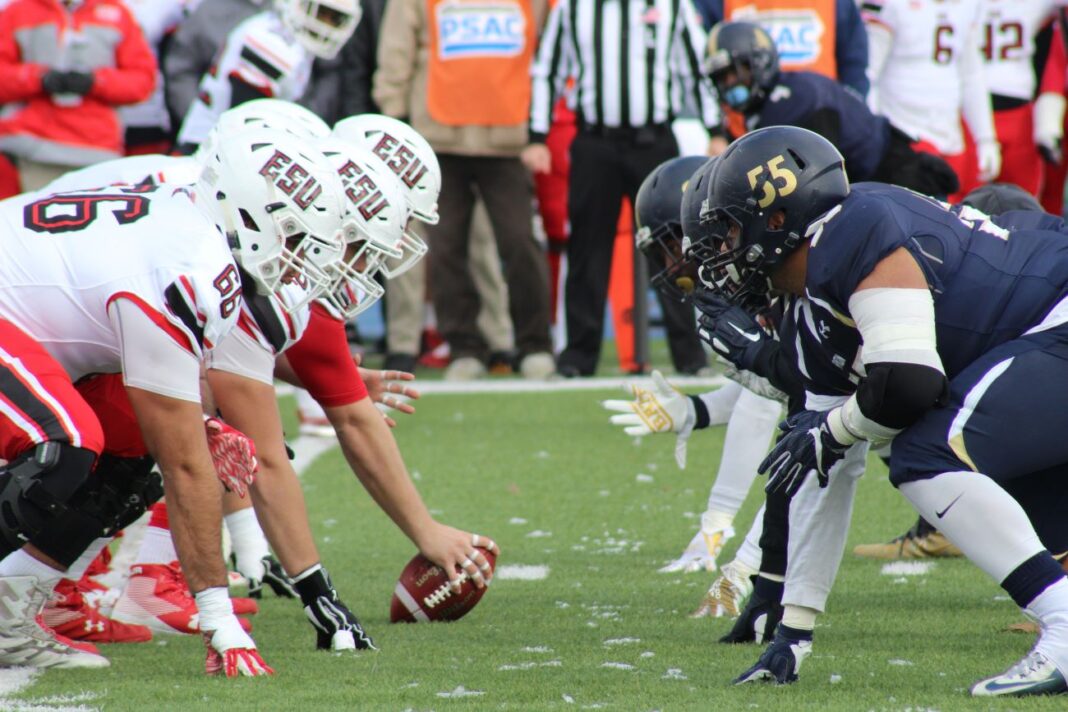UNITED STATES—In football, one of the crucial aspects is player development. This involves identifying and nurturing talented individuals at various levels and preparing them to transition to the professional stage. Teams in professional football, considering elements like skill level, performance, and college football odds, rely on the talent pipeline developed by college football programs to scout and sign players.
Thus programs for player development are created to emphasize leadership development, mental toughness, and teamwork in addition to their talents. These programs give ambitious athletes the platform they need to succeed while fostering the expansion and success of professional football.
Strategy evolution in football: Adapting game plans for the pro level
The strategies utilized in football evolve continually as teams strive for a competitive edge. Under the same, the intricacy of game planning and the intensity of competition change when college football transitions to the professional level.
Here coaches and teams must adjust their plans to fit the talent levels and complex offense and defense methods. This evolution involves fine-tuning game plans, incorporating new formations and plays, and analyzing opponents to exploit weaknesses.
Successful teams invest in extensive film study, data analytics, and innovative coaching approaches to stay ahead of the game. Therefore, strategy evolution in professional football is a continuous process that strives for conventional wisdom and innovation while maintaining the unpredictive and exciting nature of the game.
Fan engagement in professional football: Connecting with supporters on a deeper level
Fans are an essential aspect of professional football. Accordingly, their passion fosters the growth of the game. Fan engagement goes beyond watching games; it involves creating a sense of belonging and emotional connection to the team.
Professional football organizations employ various strategies to engage fans that include but are not limited to fan events, social media interactions, and exclusive content. They aim to provide supporters with a unique and memorable experience fostering loyalty to the team.
Effective fan engagement enhances the stadium atmosphere contributing to professional football’s success.
Economic impact of professional football: The role of talent and strategies in financial success
Professional football has a significant financial impact, earning money from:
- Ticket sales
- TV rights
- Sponsorships, and
- Merchandising.
Attracting and keeping top players through competitive contracts and effective scouting directly affects on-field performance, fan involvement, and financial gains. Financial success in football is closely tied to team skills and tactics.
Additionally, strategic choices made by team management, including player acquisitions, tactics, and marketing campaigns, can greatly influence revenue generation. Football’s economic impact extends beyond the teams, benefiting local economies through job opportunities, tourism, and infrastructure growth.






